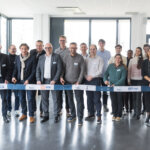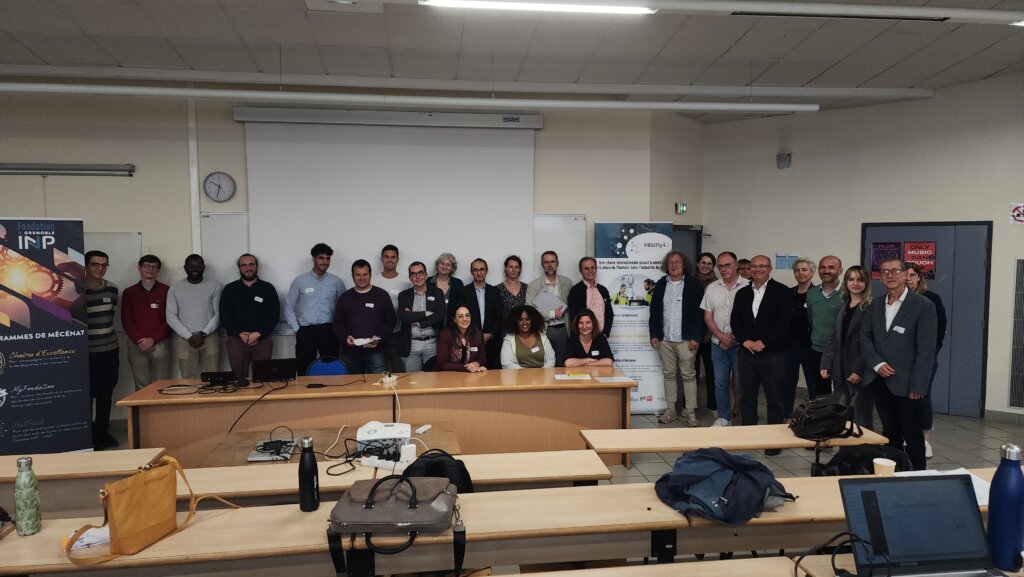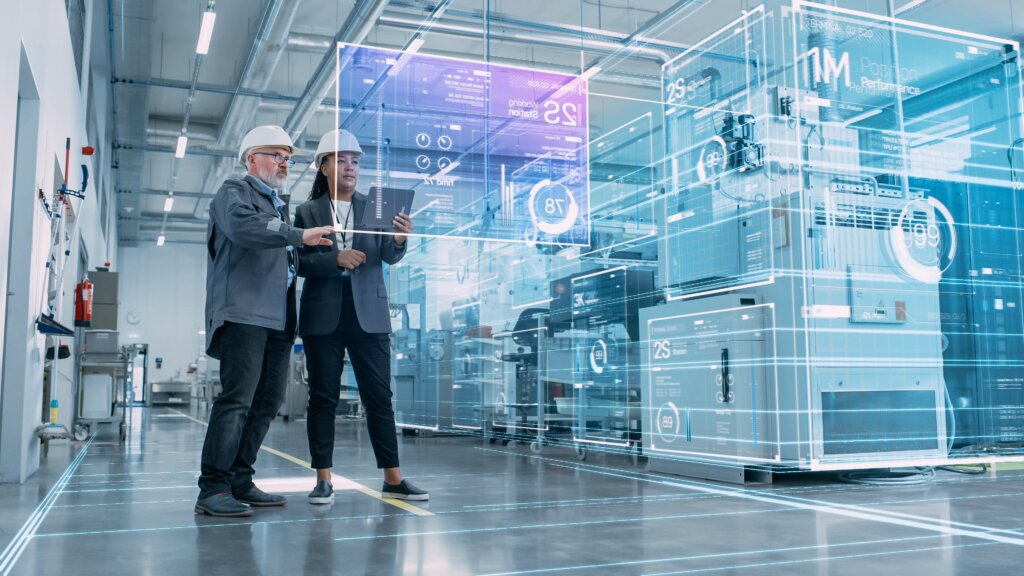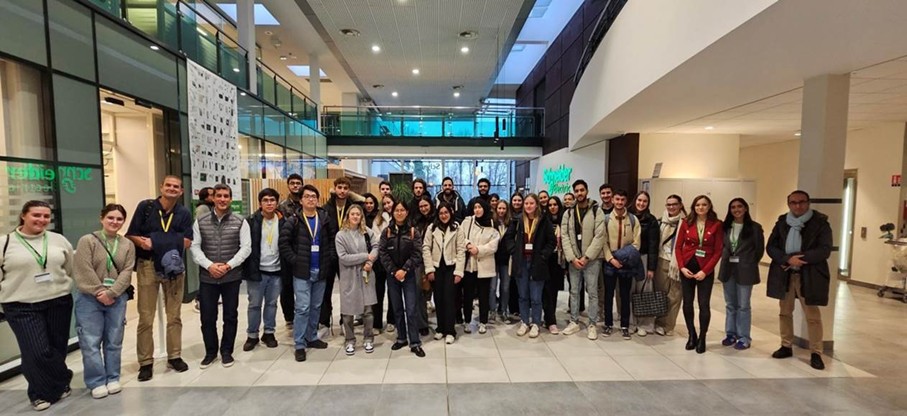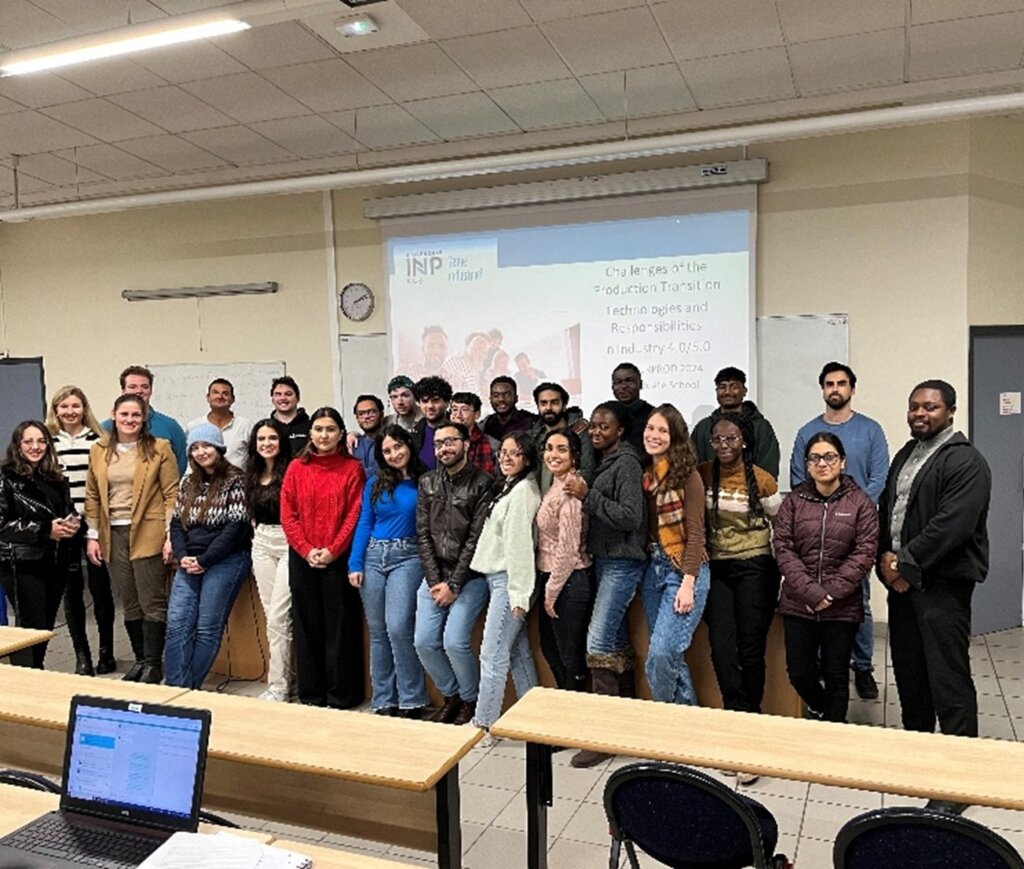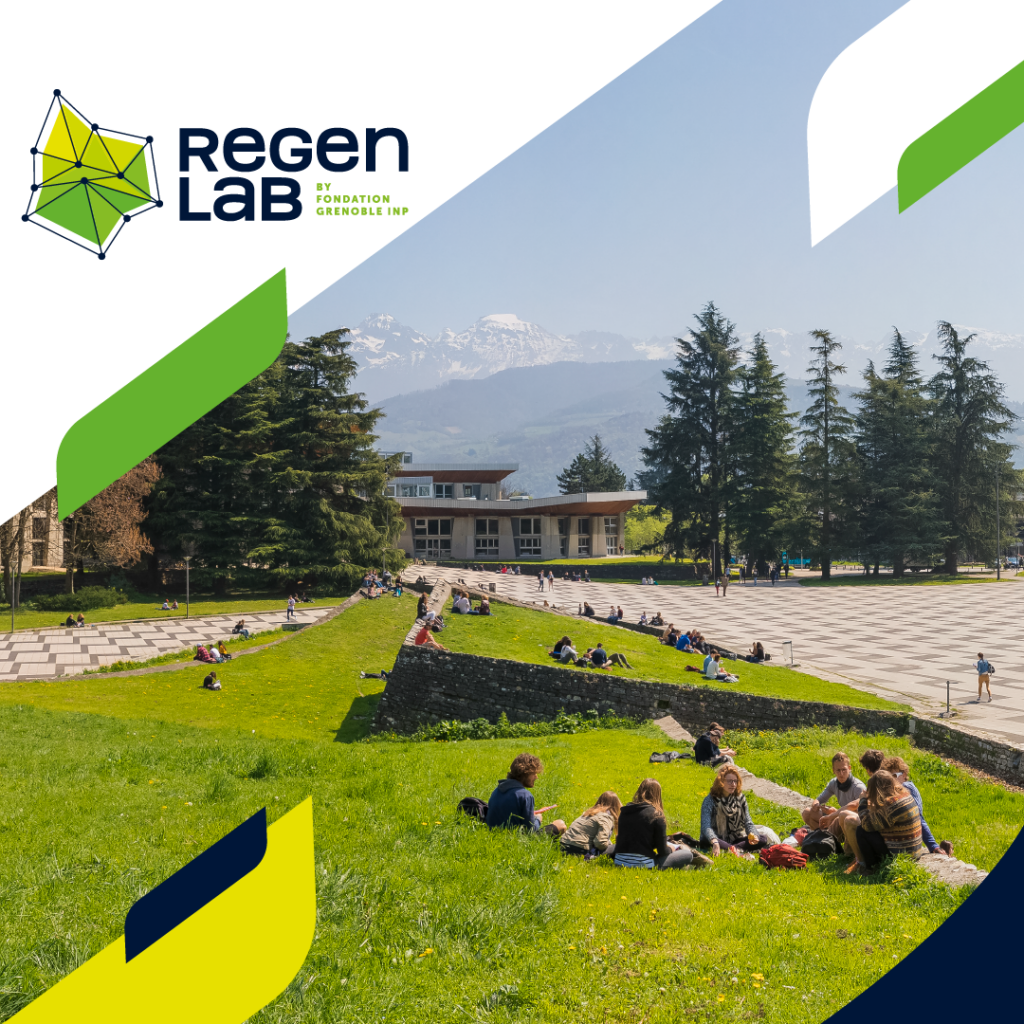
Respond to the human and managerial issues generated by the transition to the sustainable industry of the future, at the service of society.
Many industrial companies have already digitized their factories, albeit to varying degrees. The consequences are far-reaching in terms of work transformation, changes in skills requirements, team management and man-machine coupling. While there are many general initiatives to support Industry 4.0 in general, there are very few on the human challenges of this transformation, which are nonetheless major.
In this context, the Industry 4.h Chair, launched in April 2022, aims to respond to the human and managerial issues generated by the transition to the sustainable industry of the future, at the service of society.
The ultimate aim will be to equip the industrial ecosystem with methods and a system for updating skills, based on research and school-industry collaboration, enabling the design of sustainable Industry 4.0 organizations and training curricula.
The originality of the Industry 4.h Chair is to combine the perspective of industrial engineering with that of management science: to understand and support the performance of the industrial process, particularly through technology and its interfaces with people, by drawing on the involvement and skills of employees and managers to contribute to overall performance.
Our missions

Andreas Riel

Christian Defélix

Pr Frédéric Noël

Martina Flatscher

Ikram Ahidar
The main mission of this Chair is to contribute to the sustainable evolution of professions and organizations in the industry of the future, in the face of the growing predominance of new technologies in modern factories. This goes by enabling humans to work with machines, while reinforcing the strengths of each: creativity, ethics, flexibility, intelligence, sensitivity, and the spirit of collaboration of humans shall be complemented by machines’ precision, power, repeatability and indefatigability. Thereby, the Chair’s contributions lie mainly in analyzing and understanding the evolution of industrial professions and organizations. On this basis, our mission is to find ways of training a wide range of potential future employees in these new professions, including the cross-disciplinary skills that are essential to them. With this contribution, we will make the professions of the industry of the future more accessible to those who today do not feel ready to take them on. To reach our target and thus create impact, building numerous partnerships with training organizations is an important part of this mission.
With the introduction of 4.0 technologies in factories,
- How can we rethink work organization and day-to-day management?
- How are our businesses evolving?
- What new jobs are being created?
- How can we anticipate and deploy the associated workstation adjustments?
- How can we train workers to use new technologies and fit into new organizations?
- How can we avoid job losses due to the replacement of man with technology?
- How can we make jobs in the industry of the future accessible to a wide range of job seekers?
- How can we increase the number of women working in the industry of the future?
- What skills do operators and technicians already need, and above all, what skills will be required in the next stages of automation 4.0?
These are just some of the questions that researchers will be seeking to answer in collaboration with companies. The main lines of research are therefore strongly oriented towards training methods and strategies for the new technologies, professions and organizations of the industry of the future.
L'équipe

Suivre le projet
Les nouvelles de nos actions
Our news
Soutenir une action d'entrepreneuriat de transition
A travers le programme MyFondation, les entreprises peuvent s’engager concrètement auprès des étudiants, renforcer l’attractivité économique de leur territoire tout en affirmant leur responsabilité sociale.en finançant des bourses ou des projets associatif d’étudiants.

